In the quiet corners of our existence, where words often fail to capture the depth of human emotion, music steps in as a universal language. It is a constant, subtle companion throughout the journey of life, weaving itself into our most cherished memories and our deepest sorrows. From the lullabies that soothe us as infants to the anthems that define generations, music possesses a unique power to transcend barriers and connect souls. Its influence is both profound and personal, touching every aspect of our lives in ways we sometimes overlook but always feel.
Consider the mornings when a particular melody on the radio lifts your spirits, setting a positive tone for the day ahead. Or those evenings when a soft, instrumental piece helps you unwind after hours of stress and fatigue. Music has an uncanny ability to mirror and shape our emotions, acting as both a reflection of our inner world and a tool to alter it. Scientific studies have repeatedly shown that music can reduce anxiety, alleviate pain, and even improve cognitive performance. It is not merely entertainment; it is therapy for the mind and soul, a balm for the weary heart.
Beyond its emotional impact, music serves as a cultural anchor, preserving traditions and telling stories that might otherwise be lost to time. Folk songs carry the histories of communities, while classical compositions echo the artistic ambitions of eras long past. In every corner of the globe, music is a testament to human creativity and resilience. It celebrates our diversity while reminding us of our shared humanity. Through festivals, ceremonies, and daily rituals, music fosters a sense of belonging and identity, uniting people across differences and distances.
In moments of celebration, music is often at the forefront— amplifying joy, fueling dance, and marking milestones. Weddings, birthdays, and national holidays are imbued with soundtracks that elevate the experience, making memories more vivid and emotions more intense. Similarly, in times of grief or struggle, music provides solace and solidarity. Hymns at funerals, protest songs during movements for change, or even a shared playlist among friends going through hard times—all demonstrate how music helps us navigate life's complexities with grace and strength.
Moreover, the creative process behind music itself is a gift to both creators and listeners. For musicians, composing and performing is an act of vulnerability and expression, a way to communicate what words cannot. For audiences, engaging with music—whether by listening attentively, singing along, or dancing—is an active participation in art. This exchange enriches our lives, encouraging empathy, inspiration, and a deeper appreciation for beauty. In a world increasingly dominated by digital noise and fleeting distractions, music invites us to pause, feel, and connect authentically.
As we reflect on the role of music in our lives, it becomes clear that its contributions are immeasurable. It heals, inspires, unites, and remembers. It is both a personal refuge and a collective experience, a thread that runs through the tapestry of human existence. So let us take a moment to be grateful for music—for the joy it brings, the comfort it offers, and the ways it makes us more human. In thanking music, we acknowledge one of life's most enduring and generous companions.
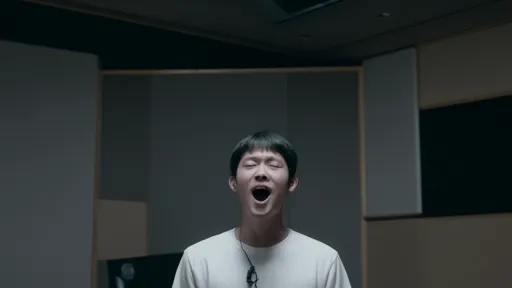
By /Aug 22, 2025

By /Aug 22, 2025
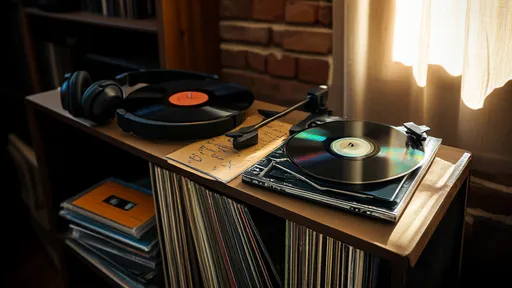
By /Aug 22, 2025
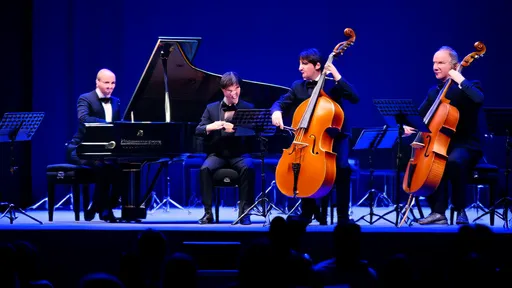
By /Aug 22, 2025
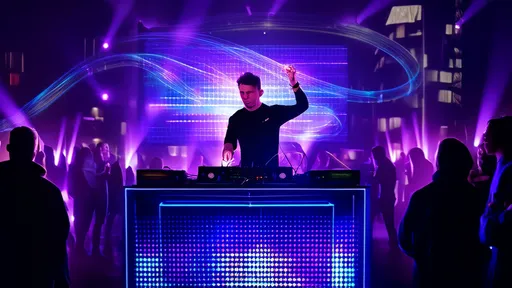
By /Aug 22, 2025
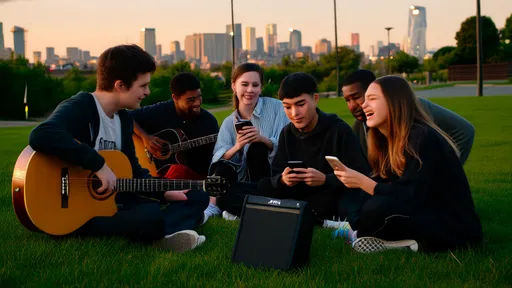
By /Aug 22, 2025
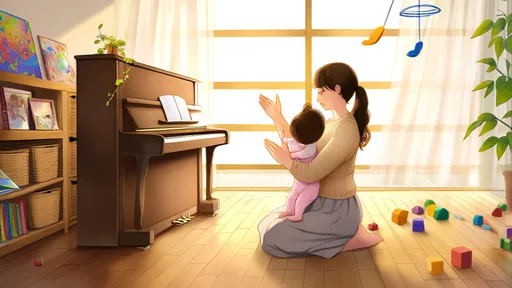
By /Aug 22, 2025
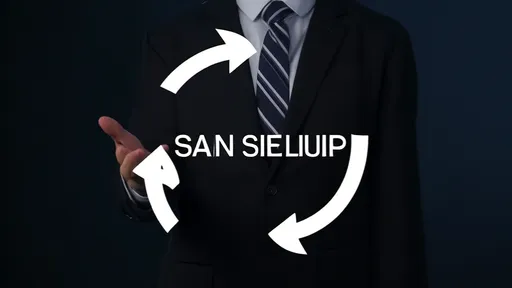
By /Aug 22, 2025

By /Aug 22, 2025
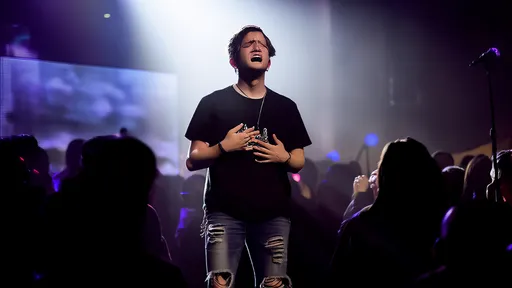
By /Aug 22, 2025

By /Aug 22, 2025

By /Aug 22, 2025
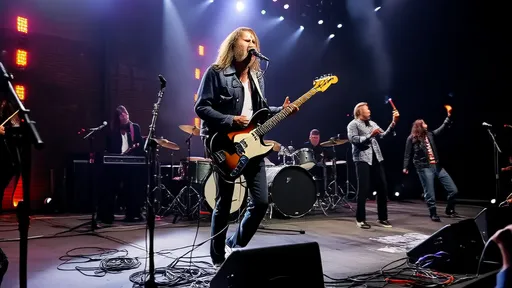
By /Aug 22, 2025
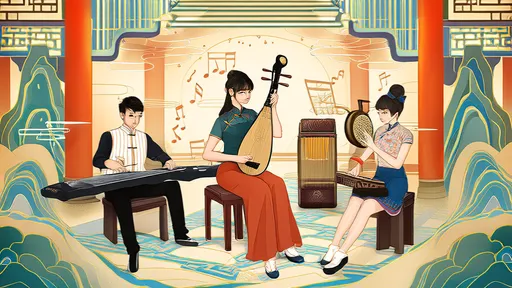
By /Aug 22, 2025

By /Aug 22, 2025
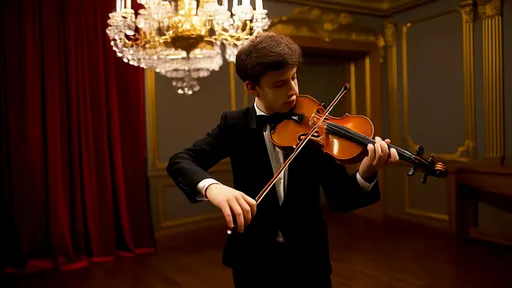
By /Aug 22, 2025
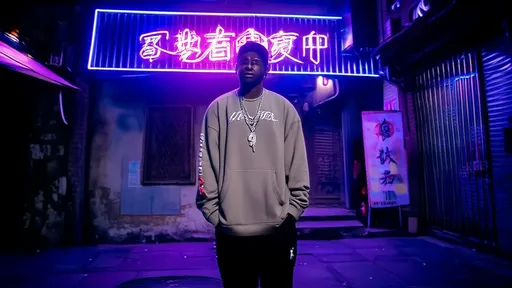
By /Aug 22, 2025
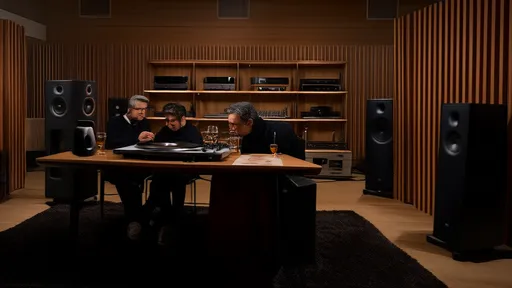
By /Aug 22, 2025

By /Aug 22, 2025
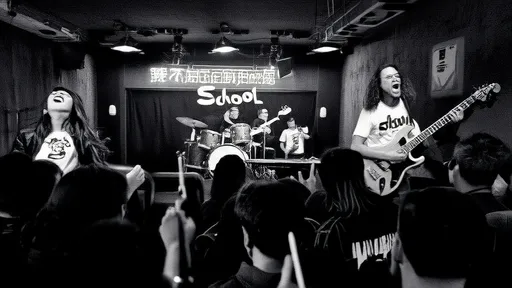
By /Aug 22, 2025